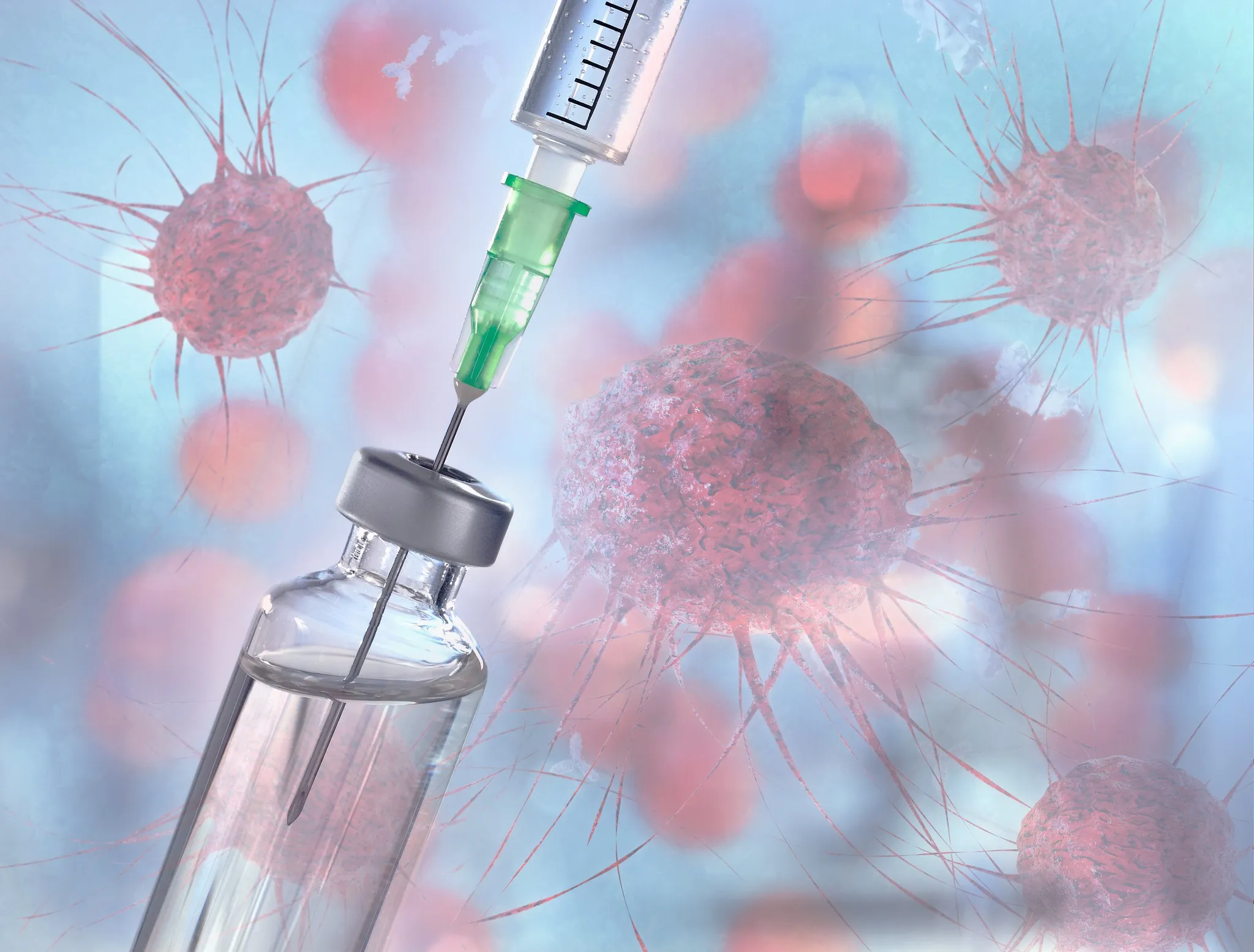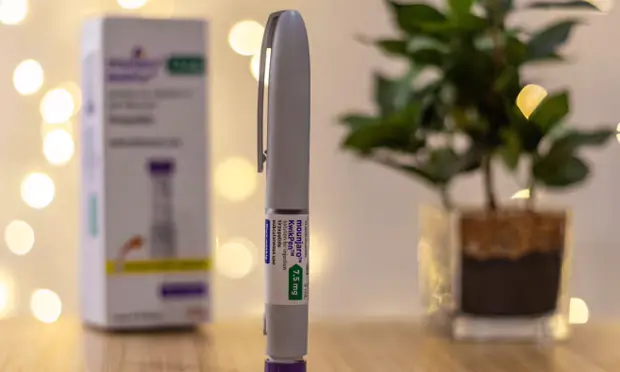What is the impact of Covid-19 on diabetic patients? Dr Nikhil Tondon, HoD and endocrinologist at AIMS, Dr Pankaj Agarwal, senior endocrinologist, and Dr Ashok Jhingan, chairman of Delhi Diabetic Research Centre, share their views on this and more. Excerpts:


Q. What is the commonest form of diabetes?
Dr Tondon: The commonest form of diabetes is non-insulin-dependent diabetes or type 2 diabetes. 85% or more of all people with diabetes have this particular type, which in earlier years used to be starting at the 30s, 40s, and 50s and was invariably associated with being overweight and responded to oral medication. The part about responding to oral medication remains intact but unfortunately, the age at which it is starting to appear in our population has progressively reduced with time so much so that even people in their late teens have now started developing this particular problem.
Q. Why are Indians prone to diabetes?
Dr Tondon: To understand that we need a little bit of historical context. There is a study or an editorial which is the Journal called Lancet. Lots of paper came out in 1907, about 115 years ago, which is around the time of the aristocracy of Britain. Diabetes is to the aristocracy of India, suggesting that this is a diabetes of the affluent, the disease of the rich who ate and put on weight. Over time that has changed with which improvement developed indices or disease which seemed to have been restricted to the extreme right of social-economic growth has now spread across. We possibly have all genetic trait predispositions. We were not exposed to the role of environment, eating habits, or lack of exercise before, now we possibly have the same genetic exposure. The disease is becoming progressively adverse with environmental exposure. By putting on weight, eating the wrong food, and exercising very little, people who are prexposed are getting this disease.
Q. What are the common symptoms of diabetes?
Dr Jhingan: The common symptoms are excessive thirst, frequent urination, and increased appetite, or loss of weight at times. These were quite common earlier. But now so many people are experiencing other symptoms like fatigue, excessive tiredness, weakness, lethargy and sometimes itching all over the body and many times that’s why we always say it’s a silent disease as people say they’re not having any symptoms. They are going for some executive health checkup or going abroad and then they get examined. A routine examination is required but a large number of hypertensive people are overweight and obese. As Doctor Nikhil has said, they all are prone to developing diabetes and these symptoms are quite common many times in the males and females itching around the genitals. That’s one of the important manifestations because of which the person goes for an investigation and then it is found that he/she has diabetes. Many times when young married girls are not getting pregnant or have frequent abortions and after an investigation, they get to know that they have diabetes.
Q. What are the common types of diabetes?
Dr Jhingan: I think as Dr Nikhil has said very clearly about 85% of patients have type 2 diabetes, while 10% of patients have type 1 diabetes. There are gestational diabetes and diabetes mellitus which is caused by pancreatic exocrine disease. There are other types of diabetes besides these as well.
Q. India has around 77 million diabetic people which makes it the second most affected in the world after China. What is the reason behind it?
Dr Agarwal: Yes, this is a big issue for Indians. At one time we used to top the list in the world, now China is heading. The reason is that we are genetically predisposed, which has been mentioned by Dr Nikhil. But we were genetically predisposed for a pretty long period. What happened in recent years that it has manifested in terms of diabetes is because of our change in lifestyle from an active lifestyle to so much mental stress, superseded by this covid era, all this led to having a sedentary lifestyle. All these things are bringing this problem earlier in our lives and increasing its incidents as Dr Ashok has said. The commonest symptom of diabetes is having no symptoms. So, most of the Covid cases are asymptomatic. Lots of patients we were having initially as well were undiagnosed. Now with improved diagnostic techniques and more awareness about the disease, we are detecting quite a good number of those patients. So, genetic predisposition, our lifestyle changes superseded by mental stress and if at all there is any physical distress in terms of infections and other things, then that has led to the increased privilege of diabetes in India, especially in recent days.
Q. Can Covid-19 cause diabetes?
Dr Tondon: No, Covid-19 can’t cause diabetes by itself. It is with any stress, physical or mental in terms of any injury, infection like pregnancies is the stress on the body so it predisposes the likelihood of diabetes. Similar is the case with Covid-19, it may precipitate diabetes in predisposed individuals who already have increased chances of having diabetes. Also, a more precipitous or severe form of infection in some individuals imposes a severe chance of getting diabetes. We use some agents like glucocorticoids to prevent certain complications of this infection. For many individuals, the use of those also increases the likelihood of having diabetes. The stress caused by Covid infection and the use of some medicines to prevent its complications can lead to diabetes.
Q. How has it affected Covid-19 patients?
Dr Tondon: If I tend to diabetes or pre-diabetes, infections will then unmask of that value. That’s one thing and the other equally important thing is, suppose a person with diabetes develops Covid-19, what do we need to do? We need to be worried that a person with diabetes is more likely to have a serious disease, require hospitalisation, intensive care and unfortunately that person is also more likely to die as a result of the infection. Firstly, as opposed to the appearance, he does not have that. Secondly, a person who has diabetes on exposure to certain drugs which are now an essential part of the Covid-19 treatment will also worsen their sugar and thus will need much more aggressive management. Thirdly, there are not two categories, one where people do have diabetes and developed Covid and another where they didn’t know about diabetes and develop Covid. The first category of people can take appropriate metrics. Also, your likelihood of catching infection becomes less and your doctor will be able to treat you much better. But what about the second category? During the treatment, coming to know that they have diabetes is even more dangerous. The message for doctors is that anybody who comes across a Covid patient measures the blood sugar, even if they don’t have diabetes as he might be unaware that he has diabetes. So that the doctors can aggressively manage them.
Q. What are the latest treatments for diabetes?
Dr Jhingan: With diabetes, there has been much more improvement but lifestyle change is the basic requirement. So these genetic backgrounds get precipitated with the environmental factors like change in food habits and exercise. The disease can get aggravated because of physical and mental stress. A balanced diet and exercise are a crucial part of the treatment strategy. Do 50 minutes of regular exercise. Then comes the role of oral medications. There had been a paradigm shift in the management part. There’s been a different type of class of drugs. Now very good drugs are there which have good control over sugar but there is again a limitation on the part of each group. So now we have plenty of drugs looking after the various pathways by which diabetes happened and these drugs are quite effective. And once these drugs also with all these things, if we are not able to get our target levels of Hba 1C to 7% that means we have to now try insulin and again in the insulin category, we have all those latest analogues. There is very good insulin which helps to control diabetes. Different types of regimes are there by which today we are in a position to keep the blood sugar levels around 7% Hba1C. This is there as higher HB1C increases the chance of complications of diabetes. With the latest available medications and insulins, we can keep the blood sugar under control.
Q. How gene therapy can be useful for diabetes. Are we doing it in India?
Dr Agarwal: This isn’t still in the investigational phase so the therapy is very promising. No doubt the problem lies with type 2 diabetes. There is no single gene that is leading to the development of type 2 diabetes which is happening in around 85% of cases. For type 2 diabetes, there is no single cause that can lead to diabetes. There is no single gene causing diabetes, so by intervening with one gene only, we cannot cure it. But for type 1 diabetics, there are certain promising things. Not exactly in terms of gene therapy but otherwise, the damage is being inflicted in the same target areas in type 1 diabetes. Those can be prevented to a large extent by some information. By interfering with the immune mechanism of the body, it can be changed by pancreatic beta-cell transplantation or distant cell therapy.
Q. If diabetes is not treated timely, how chronic can it be?
Dr Jhingan: Yes, the problem and significance of diabetes lie in the complications which are produced because of it. If somebody is having diabetes without symptoms, it doesn’t mean he is fine. It will create more impact on the body and will affect many of the systems and it will be a problem forever and once anything happens, once the target organ, nothing can be done. Every organ is unique and once damaged it can’t be repaired. So we have to maintain the glucose level at its normal limit throughout life to protect those organs and the symptoms or the features associated with organ involvement are unique with their setup. Like for eyes, it will be blurred vision and blindness. With kidneys, it will reduce your urine formation, swelling and then later on kidney failure. With nerves, the feeling of burning sensation of cold, not feeling anything, pricking sensation and later on developing frequent ulcerations. And gangrene leading to the importation of limb with heart, pain, breathlessness, and heart attack. With brain stroke, paralysis and all these things may happen. All this can happen due to continuously raised glucose status which needs to be tackled in its early stages. Once it affects our organ of the body, nothing will change, there can be no cure. It won’t be too clear what the problem is but even if you lower down, even if you normalise global levels thereafter, once destroyed it will be destroyed forever, so we must treat diabetes, control diabetes to prevent the target organ from getting damaged which may happen in future.
Q. What are the five tips to manage diabetes?
Dr Jhingan: Do regular exercise for 50 minutes and to control the stress, do meditation and yoga. Also, have a balanced diet; have regular intake of medicine; regular monitoring; and regular treatment for sugar to be under control. After all, prevention of a complication is most important. Expenses for the treatment are high but once the complications develop it will be very expensive. The person who knows about his diabetes and keeps it under control can live the longest. Awareness and education are the cornerstone of the treatment of diabetes
Q. Would you like to give any message?
Dr Tondon: The statement made by Dr Pankaj that the most common symptom of diabetes is a lack of symptoms is the message. People should periodically get tested for diabetes or blood pressure so that they are identified early and treatment starts. Awareness is needed, if your parents have diabetes or some uncle or aunt has diabetes, it means that there is a problem in the family. So they should get themselves checked even more frequently as they are more likely to have diabetes. Earlier women who got pregnant, it was mandatory to get checked for gestational diabetes but it’s not done very often now. They should get tested. Screening is required; one must incorporate a healthy lifestyle right from childhood. It’s very difficult if people over 40 often have fried food, they should change their diet and eating habits. Regular exercise will help from the beginning so that you don’t encounter it. Also, you are much more likely to have diabetes if your periods postpone. You will be able to handle diabetes well with a balanced diet and healthy living and regular physical activity. These things should be a part of our lives from the start and not only after we develop diabetes.























